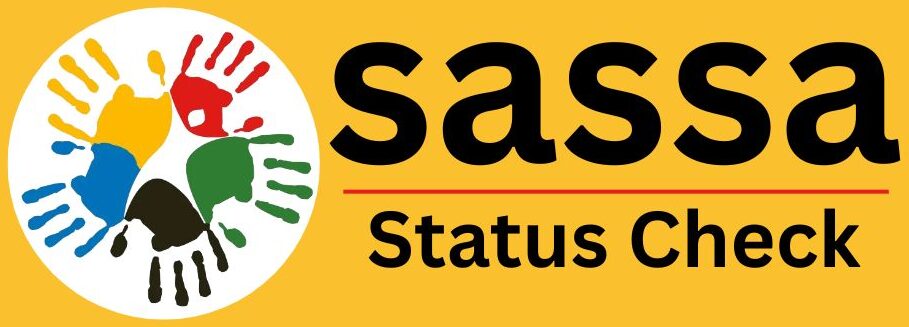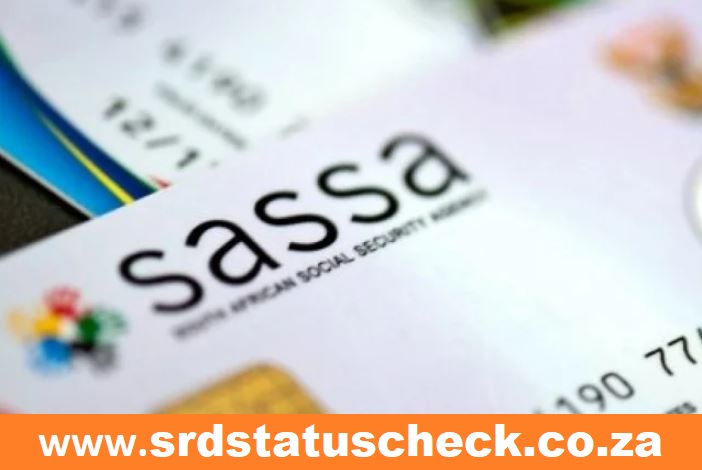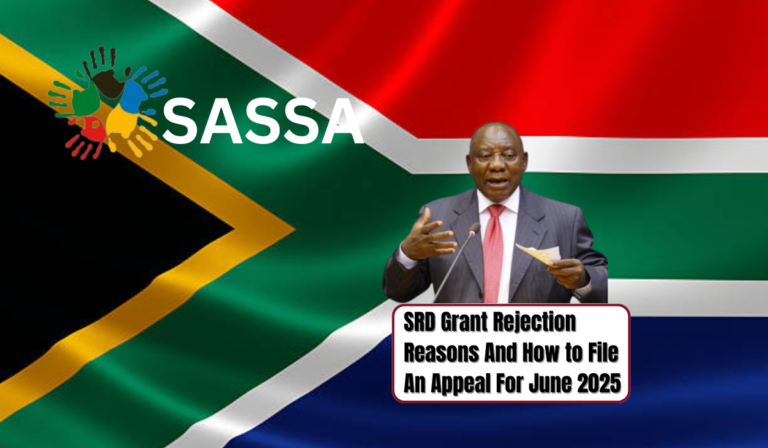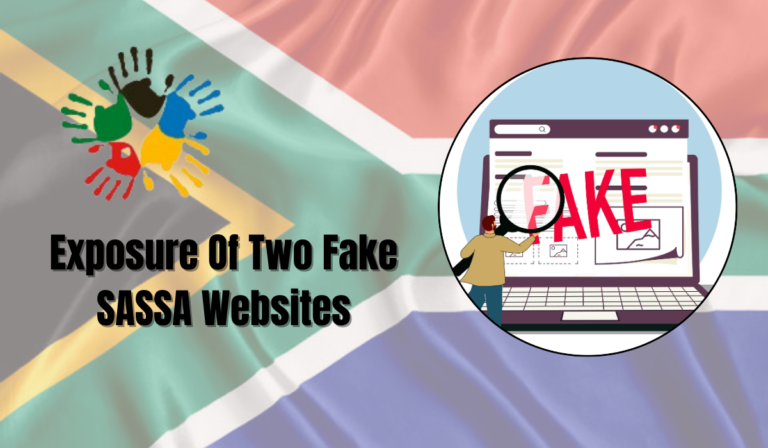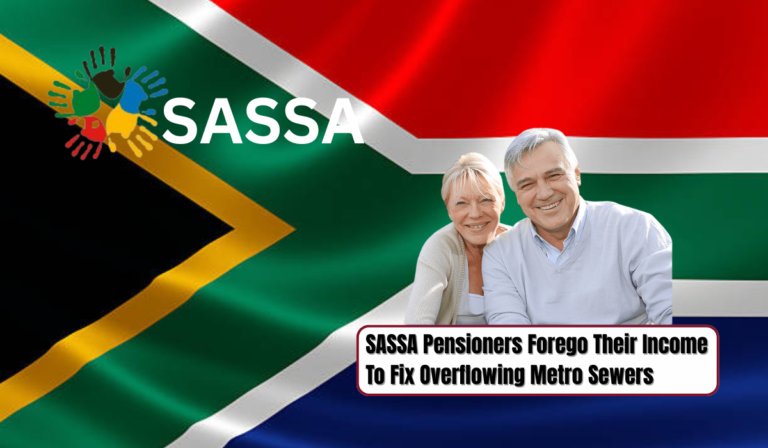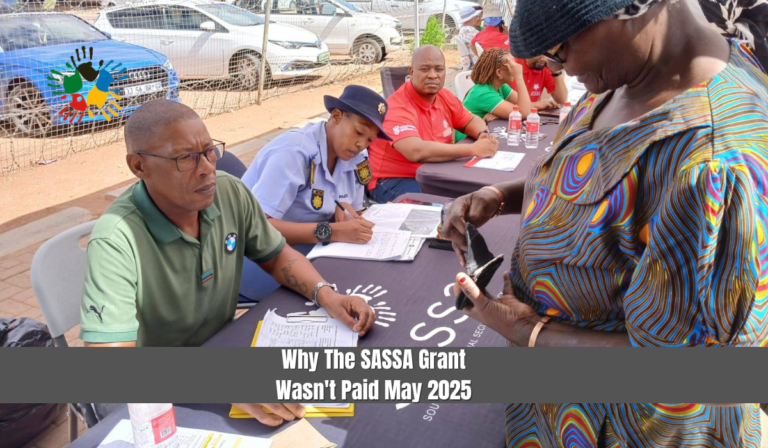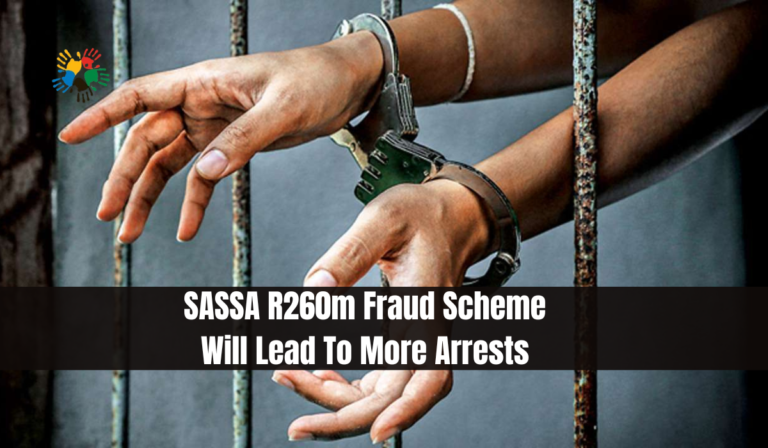SASSA Squelches Fake Social Media Claims
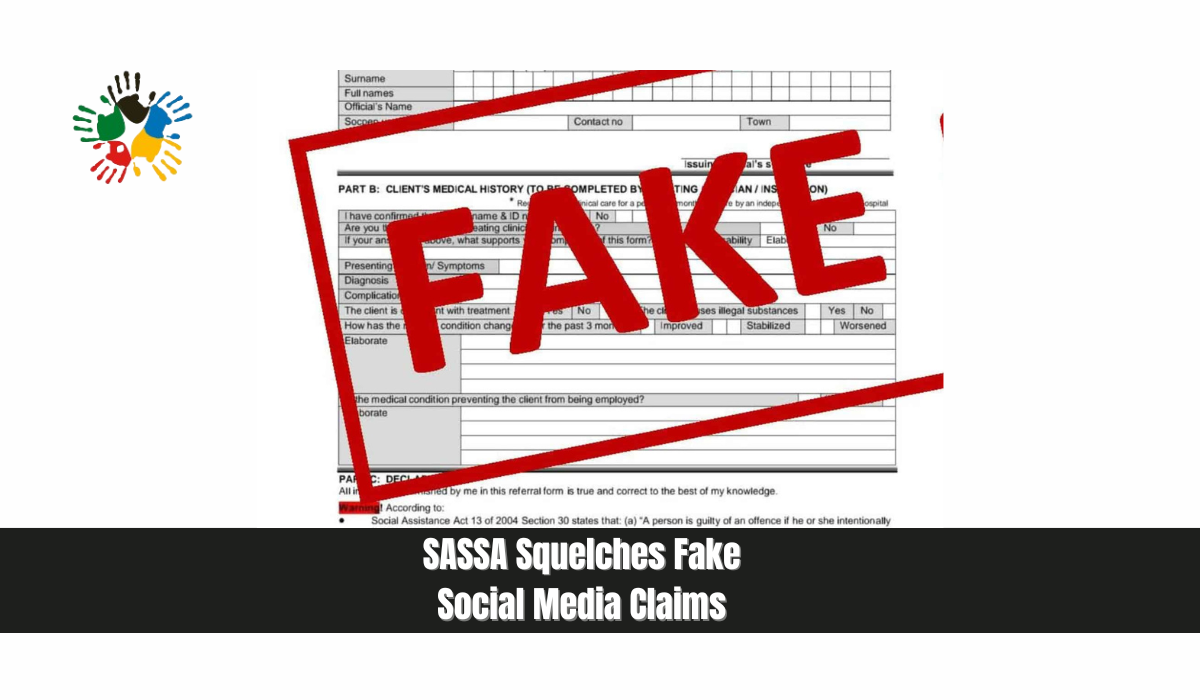
SASSA Squelches Fake Social Media Claims. The South African Social Security Agency (SASSA) has once again taken a firm stand against the spread of fake news on social media. Recently, misleading claims suggested that old age grants would be cancelled if certain documents were not submitted by 30 April. This false information sparked unnecessary fear among millions of beneficiaries—especially vulnerable pensioners.
In this article, we break down the facts, debunk the myths, and provide essential guidance to every SASSA grant recipient. Read on to understand the truth behind these rumors, what SASSA has clarified, and how to protect yourself from misleading posts online.
What Was the Fake Claim About?
The viral message circulating on platforms like Facebook and WhatsApp claimed that the SASSA old age grant would be stopped in May 2025 unless beneficiaries updated their documentation before 30 April 2025.
Screenshots of the message added to the confusion, showing falsified SASSA logos and statements. The message appeared credible to many, especially older citizens who rely heavily on their monthly social grants for basic needs.
SASSA Official Response to the Fake News
In a recent press statement, SASSA spokesperson Paseka Letsatsi dismissed these social media posts as “mischievous and false.” He emphasized that no SASSA grant will be cancelled due to missing documents unless the recipient is specifically contacted by the agency.
“SASSA only reviews grants that are due for review at a specific time. Beneficiaries are notified directly when a review is required. We do not conduct mass cancellations based on rumors or general announcements,” said Letsatsi.
This clarification aims to reassure beneficiaries that their grants are safe, and there is no reason to panic or take immediate action based on unauthenticated social media posts.
Which SASSA Grants Are Affected by Reviews?
SASSA conducts periodic reviews of specific grants to ensure that recipients still qualify under the eligibility criteria. However, these reviews are done individually and communicated directly to the beneficiary. The grants subject to periodic reviews may include:
| Grant Type | Reviewed When | Purpose |
|---|---|---|
| Child Support Grant | Upon child reaching age milestones | To confirm continued care and eligibility |
| Disability Grant | Periodically (e.g., every 6-12 months) | To assess ongoing disability status |
| Foster Child Grant | Based on court order duration | To verify continued foster care arrangements |
| Old Age Grant | Rarely reviewed unless identity concerns | To confirm living status or identity issues |
| SRD Grant (R370) | Monthly eligibility review | To validate income and employment status |
Important: If your grant is up for review, SASSA will contact you directly—either by SMS, letter, or phone call. There is no need to react to unverified mass messages.
The Impact of Fake News on SASSA Beneficiaries
Spreading false information about SASSA grants is not only misleading—it can be dangerous. Here’s why:
- Unnecessary panic: Vulnerable groups like the elderly or disabled may become anxious, fearing loss of financial support.
- Crowding at SASSA offices: People rush to offices seeking clarification, causing congestion and overburdening the system.
- Financial scams: Criminals may exploit the confusion by impersonating officials and stealing personal information.
Note: Always verify any grant-related information from official SASSA social media pages or call their toll-free helpline: 0800 60 10 11.
Why People Should Stop Sharing Fake Posts
The circulation of unverified content does more harm than good. According to SASSA, over 19 million people in South Africa depend on social grants. Misinformation can cause chaos and compromise the emotional well-being of millions.
“SASSA grants are a vital source of income for vulnerable families. Creating or spreading fake news leads to untold panic and stress for these individuals,” says Letsatsi.
What Should Beneficiaries Do?
If you are a SASSA beneficiary and received or saw one of these fake posts, here are steps to follow:
Step 1: Do Not Panic
Take a deep breath. Your grant will not be cancelled unless you’ve been personally contacted by SASSA for an official review.
Step 2: Do Not Share the Message
Refrain from forwarding or reposting fake messages, even if you think you’re helping someone else.
Step 3: Verify Information
Check SASSA’s official channels:
- Facebook: @OfficialSASSA
- Twitter: @OfficialSASSA
- Toll-Free Call Centre: 0800 60 10 11
Step 4: Report Suspicious Messages
If you receive a suspicious message, report it to SASSA or your local authorities. This helps stop the spread of disinformation.
Who Is SASSA and What Do They Do?
The South African Social Security Agency (SASSA) is a government entity under the Department of Social Development. It is responsible for distributing various social grants, which include:
- Child Support Grant
- Old Age Grant
- Disability Grant
- Foster Child Grant
- Social Relief of Distress (SRD) Grant
SASSA manages an annual budget of over R266 billion and supports more than 19 million beneficiaries every month.
Why It’s Important to Rely on Verified Sources
Misinformation isn’t just a social nuisance—it’s a public risk. That’s why SASSA is urging South Africans to be cautious about what they read and share. With disinformation so easily spread via social platforms, it’s more important than ever to verify before sharing.
“Before anyone can share any information pertaining to social grants, they must first verify its authenticity to avoid disseminating false information,” said Letsatsi.
How to Stay Informed and Safe as a Grant Recipient
To make sure you always get the right updates:
- Bookmark the official SASSA website
www.sassa.gov.za - Follow their verified social media pages
- Sign up for SASSA SMS notifications
(Ensure your number is updated in their system) - Contact your nearest SASSA office for help
Conclusion
To sum it up: SASSA squelches fake social media claims about grant cancellations and confirms there is no mass review or grant termination scheduled. Any review process is routine, targeted, and communicated directly to individual beneficiaries.
